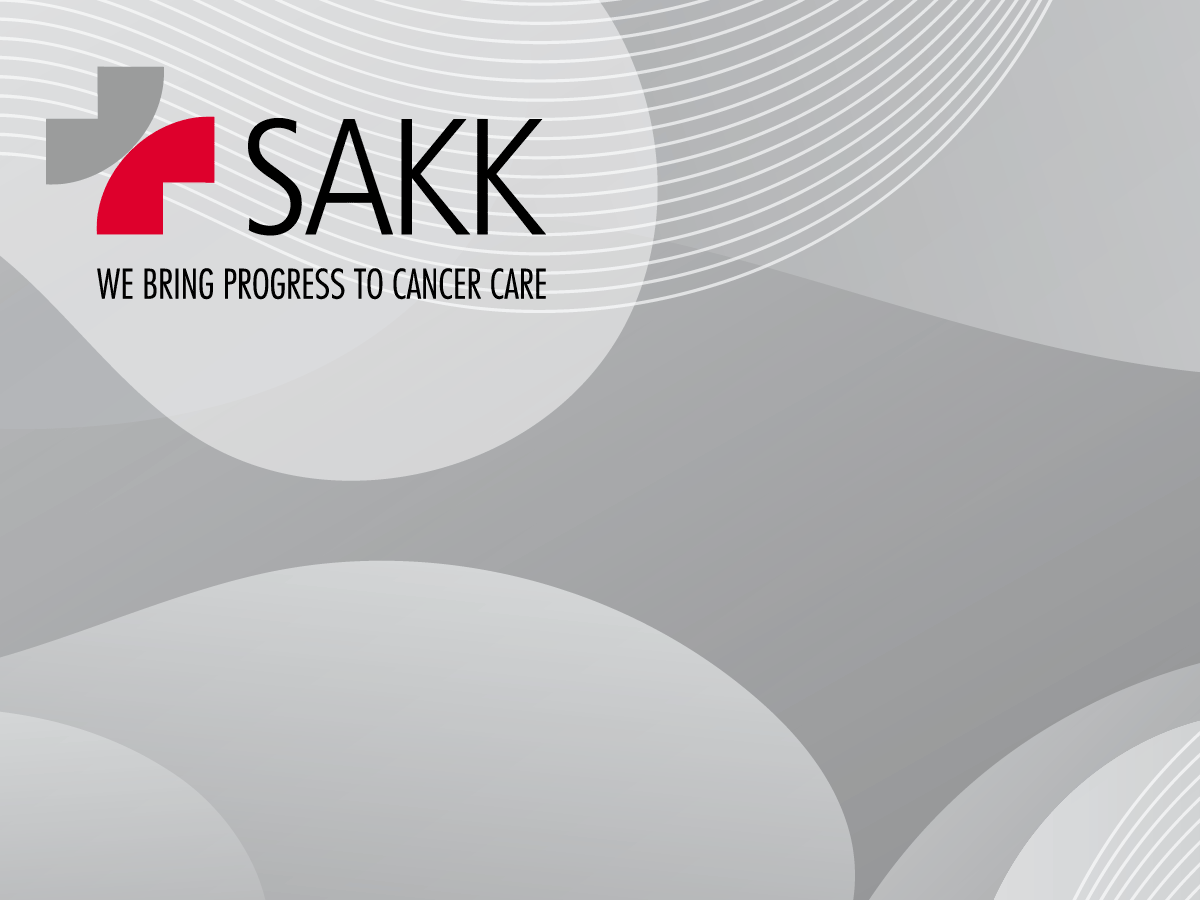Swiss lung cancer trial receives Best Abstract award
Lung cancer is the most common cancer in Switzerland after breast cancer in women and prostate cancer in men. 2014-2018, an average of 2758 men and 1894 women were diagnosed with lung cancer each year; 2005 men and 1260 women died.[1] Around 80 to 85 percent of these cases are of the non-small cell lung cancer type, the less aggressive form of lung cancer.[2] Some 10–15 percent of all lung cancers are small cell cancers.
The standard treatment for patients with advanced non-small cell disease is preparation in the form of neoadjuvant chemotherapy followed by surgery. Yet around half of all patients experience a relapse within one year of diagnosis.
Immunotherapy in addition to the standard
The prize-winning trial in the solid tumors category undertaken by a working group headed by Prof. Dr. med. Sacha Rothschild, Senior Physician in Oncology at Cantonal Hospital Baden, has identified ways in which it may be possible to significantly improve this situation. It is one of the first trial groups worldwide to investigate the benefit of an approach known as perioperative immunotherapy. Prof. Dr. Sacha Rothschild explains the approach as follows: "In this procedure, patients are given two administrations of an anti-PD-L1 antibody in addition to the usual chemotherapy before the cancer is removed surgically. These antibodies do not affect the cancer directly but instead target so-called immune checkpoints, important coordinating centers within the immune system that normally ensure that the immune system returns to its resting state once it has completed its task. Tumors can act on these coordinating centers to stop the body from defending itself against the cancer. The modern therapies, also known as checkpoint inhibitors, that we used in addition to the standard therapy intervene at this point and improve the body’s ability to beat the cancer."
In the trial SAKK 16/14, patients were additionally treated with the anti-PD-L1 antibody durvalumab for one year after surgery. This approach produced results that vastly exceeded expectations. After one year, 73.4 percent of the patients had not experienced a relapse. Prof. Dr. Sacha Rothschild comments: "These are very important results for our patients. Out of 100 patients, 23 more than usual are still relapse-free after one year with this therapy. This represents a substantially improved prognosis for these people, and we are delighted for each and every one of them."
The SOHC Award for special achievements in cancer therapy
This Award is presented every year to tie in with the SOHC. The winner is selected by an independent jury. Jury member Prof. Dr. med. Jakob Passweg is Senior Physician in Oncology at Basel University Hospital, President of Oncosuisse, the organization responsible for the National Cancer Strategy, and has for many years been the President of the Swiss Cancer League. Prof. Passweg believes that the prize-winning trial will show the way forward in this field. "Today we are luckily in a situation in which we can already do a lot for our cancer patients. Yet there are still patients who experience a relapse and in whom we are therapeutically limited because we have no further effective treatments at our disposal. This is why the continuing research and findings of the kind produced by Prof. Dr. Rothschild are so important. If a treatment means a better prognosis for substantially more patients, that is a tremendous help and relief for them and for us, the physicians treating them."
[1] Federal Statistical Office; Neuerkrankungen und Sterbefälle nach Krebslokalisationen 2014-2018. www.bfs.admin.ch
[2] Swiss Cancer League; Lung cancer brochure. p. 11-13
